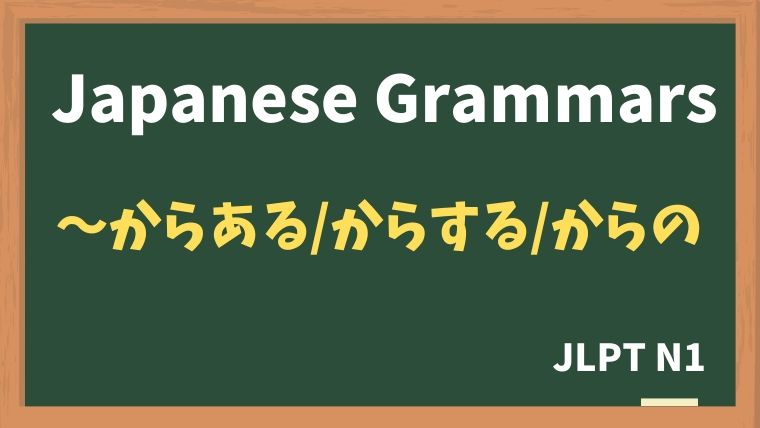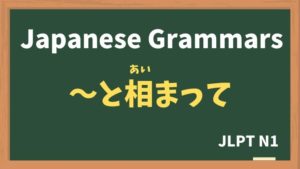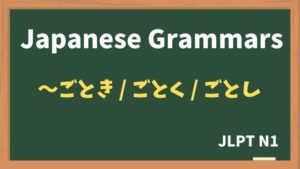
文型:〜からある / 〜からする / 〜からの
fa-check-circleMeaning
"〜か、それ以上の・・・"
数量や程度が大きいことを強調する言い方です。
"~ or more ..."
Used to emphasize large quantities or significant sizes, usually in reference to numbers that are above a certain threshold. It is typically used with measurements such as weight, distance, height, amount, and age to highlight how impressive or notable the figure is.
fa-check-circleForm
N + からある / からする
Nは数量を表す言葉が来ます。
fa-check-circlePoints
- Emphasizing Size/Amount: This expression is used when the quantity, size, or extent is large or impressive, drawing attention to the fact that it exceeds a certain amount.
- Usually with Numbers: It often appears with nouns related to numbers, such as kilometers, kilograms, yen, or people.
- Positive/Impressive Nuance: It carries a sense of being extraordinary or significant in scale.
fa-check-circleJLPT Level
N1
fa-check-circleNote
Nが値段の場合は「〜からする」を使います。
Nが人数の場合は「〜からの」が使われやすいです。
Nが重さ、距離、量の場合は、「〜からする」、「〜からの」どちらも使えます。
If N refers to price, "〜からする" is used.
If N refers to the number of people, "〜からの" is more commonly used.
If N refers to weight, distance, or quantity, either "〜からする" or "〜からの" can be used.
例文
彼は5万円からする服を値段もみずに買った。
He bought clothes that cost 50,000 yen or more without even checking the price.
人気バンドのライブチケットを買おうとしたら、3万からあるシートが一瞬にして売り切れ、買えなかった。
When I tried to buy tickets for a popular band’s concert, the 30,000 or more seats were sold out in an instant, and I couldn't get one.
彼女は20kgからある荷物を軽々と運んでいた。
She was effortlessly carrying luggage that weighed 20 kg or more.
トムさんとデートしたときに、彼が5万円からするワインを注文した時は驚いた。
When I went on a date with Tom, I was surprised when he ordered wine that cost 50,000 yen or more.
その電車の事故で、100人からの人が怪我をした。
Over 100 people were injured in the train accident.
当社の採用面接には、3万人からの応募が来た。
Our company received over 30,000 applications for the recruitment interview.






